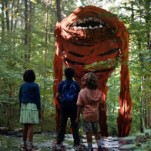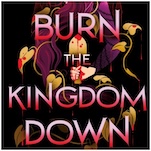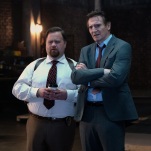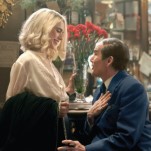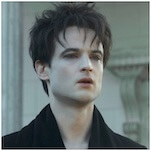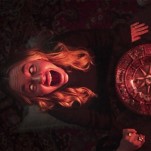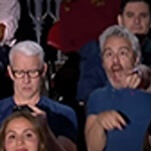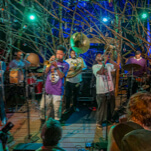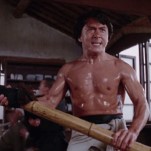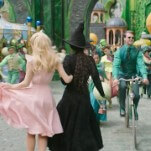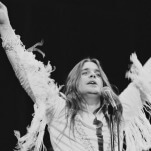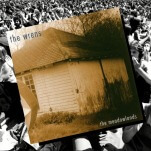Revisiting The Velvet Underground’s White Light/White Heat
The Velvet Underground & Nico was a stone NYC classic, but that shit didn’t sell. Maybe in 1967 the world wasn’t ready for gritty tales of junkies, pushers, hookers and cross-dressers set to dissonant guitars, or maybe everybody outside the five boroughs was distracted by all the damn hippies. Either way, all the critics writing all the glowing reviews couldn’t make the band’s debut a bestseller, and by most reports the band was not happy about this. Their relationship with producer/manager/conceptualizer Andy Warhol frayed beyond repair; Nico left the group, which in retrospect was inevitable.
The Velvets’ frustrations over this perceived failure define their follow-up, the next year, White Light/White Heat, which was almost antagonistic in its scribbly guitar dissonance and its noise-rock viscera. If their debut had related stories from the concrete jungle, then album number two would evoke that setting with as much grotty immediacy as possible. It didn’t just want to regale you with stories of danger and degradation. It wanted to sound dangerous and degraded. It wanted to get you high, steal your wallet and leave you on some unknown street corner.
Even on the new remaster for this 3xCD 45th Anniversary of White Light/White Heat (which also includes the album in mono, a bundle of rarities and a live set), the songs remain menacing, fragmented and convincingly distracted as they take on odd shapes and weird sizes. Clocking in at a thoroughly reasonable 2:45, the opening title track is only a feint. It’s immediately followed by the eight-minute “The Gift,” on which multi-instrumentalist/madman John Cale unknots a shaggydog story about a man who mails himself to his lover. It ends badly, as stories of sexual obsession usually do.
Throughout the album, the lyrics rarely fit the music—or vice versa. “Lady Godiva’s Operation” is all joints and elbows, sharp knives poking through a plastic sack. Even “Here She Comes Now,” arguably the closest thing on side one to a single, crams too many “now”s into its melody; overstuffed, it fades unceremoniously. Side two opens with shards of distorted guitar: “I Heard Her Call My Name” sounds like walking on glass. “Sister Ray” rambles to 17 minutes. The End.
-

-

-

-

-

-

-

-

-

-

-

-

-

-

-

-

-

-

-

-

-

-

-

-

-

-

-

-

-

-

-

-

-

-

-

-

-

-

-

-

